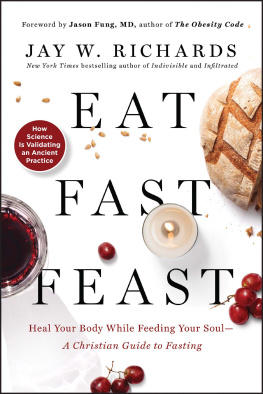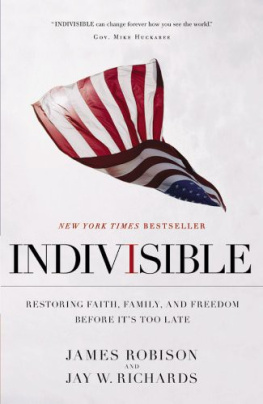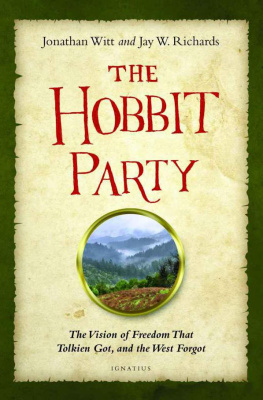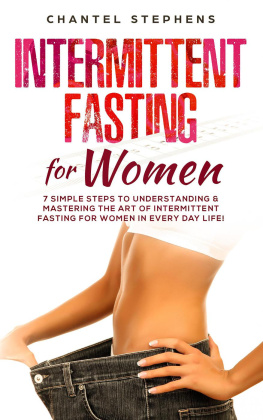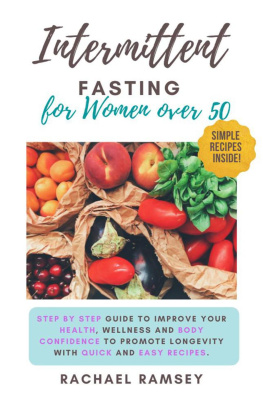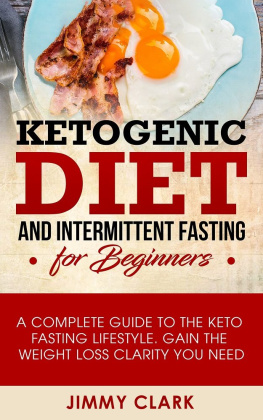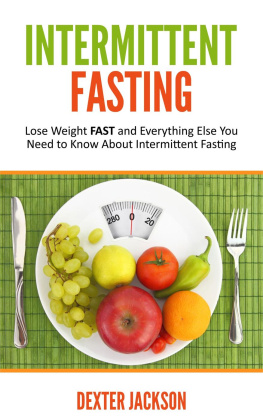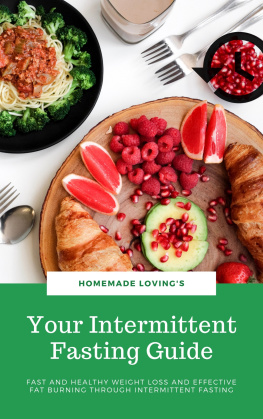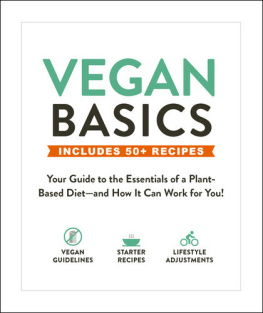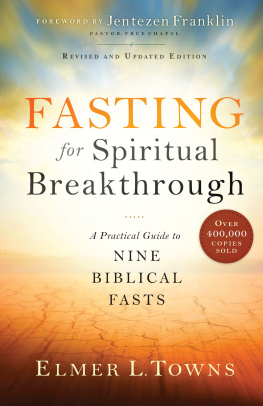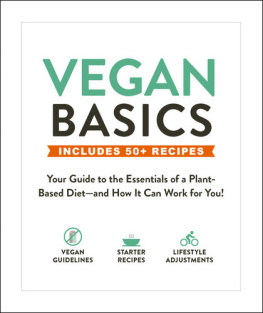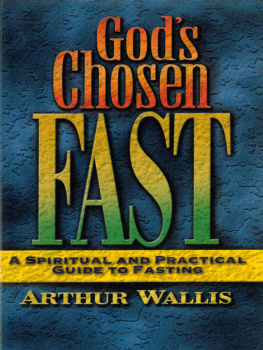Jay W. Richards - Eat, Fast, Feast: Heal Your Body While Feeding Your Soul—A Christian Guide to Fasting
Here you can read online Jay W. Richards - Eat, Fast, Feast: Heal Your Body While Feeding Your Soul—A Christian Guide to Fasting full text of the book (entire story) in english for free. Download pdf and epub, get meaning, cover and reviews about this ebook. year: 2020, publisher: HarperCollins, genre: Home and family. Description of the work, (preface) as well as reviews are available. Best literature library LitArk.com created for fans of good reading and offers a wide selection of genres:
Romance novel
Science fiction
Adventure
Detective
Science
History
Home and family
Prose
Art
Politics
Computer
Non-fiction
Religion
Business
Children
Humor
Choose a favorite category and find really read worthwhile books. Enjoy immersion in the world of imagination, feel the emotions of the characters or learn something new for yourself, make an fascinating discovery.
- Book:Eat, Fast, Feast: Heal Your Body While Feeding Your Soul—A Christian Guide to Fasting
- Author:
- Publisher:HarperCollins
- Genre:
- Year:2020
- Rating:4 / 5
- Favourites:Add to favourites
- Your mark:
Eat, Fast, Feast: Heal Your Body While Feeding Your Soul—A Christian Guide to Fasting: summary, description and annotation
We offer to read an annotation, description, summary or preface (depends on what the author of the book "Eat, Fast, Feast: Heal Your Body While Feeding Your Soul—A Christian Guide to Fasting" wrote himself). If you haven't found the necessary information about the book — write in the comments, we will try to find it.
The New York Times bestselling author and senior fellow at the Discovery Institute blends science and religion in this thoughtful guide that teaches modern believers how to use the leading wellness trend todayintermittent fastingas a means of spiritual awakening, adopting the traditions our Christians ancestors practiced for centuries into daily life.
Wellness minded people today are increasingly turning to intermittent fasting to bolster their health. But we arent the first people to abstain from eating for a purpose. This routine was a common part of our spiritual ancestors lives for 1,500 years.
Jay Richards argues that Christians should recover the fasting lifestyle, not only to improve our bodies, but to bolster our spiritual health as well. In Eat, Fast, Feast, he combines forgotten spiritual wisdom on fasting and feasting with the burgeoning literature on ketogenic diets and fasting for improved physical and mental health. Based on his popular series Fasting, Body and Soul in The Stream, Eat, Fast, Feast explores what it means to substitute our hunger for God for our hunger for food, and what both modern science and the ancient monastics can teach us about this practice.
Richards argues that our modern dietheavy in sugar and refined carbohydrateslocks us into a metabolic trap that makes fasting unfruitful and our feasts devoid of meaning. The good news, he reveals, is that we are beginning to resist the tyranny of processed foods, with millions of people pursuing low carb, ketogenic, paleo, and primal diets. This growing body of experts argue that eating natural fat and fasting is not only safe, but far better than how we eat today.
Richards provides a 40-day plan which combines a long-term nutritional ketosis with spiritual disciplines. The plan can be used any time of the year or be adapted to a penitential season on the Christian calendar, such as Advent or Lent.
Synthesizing recent science with ancient wisdom, Eat, Fast, Feast brings together the physical, mental, and spiritual benefits of intermittent fasting to help Christians improve their lives and their health, and bring them closer to God.
Jay W. Richards: author's other books
Who wrote Eat, Fast, Feast: Heal Your Body While Feeding Your Soul—A Christian Guide to Fasting? Find out the surname, the name of the author of the book and a list of all author's works by series.

